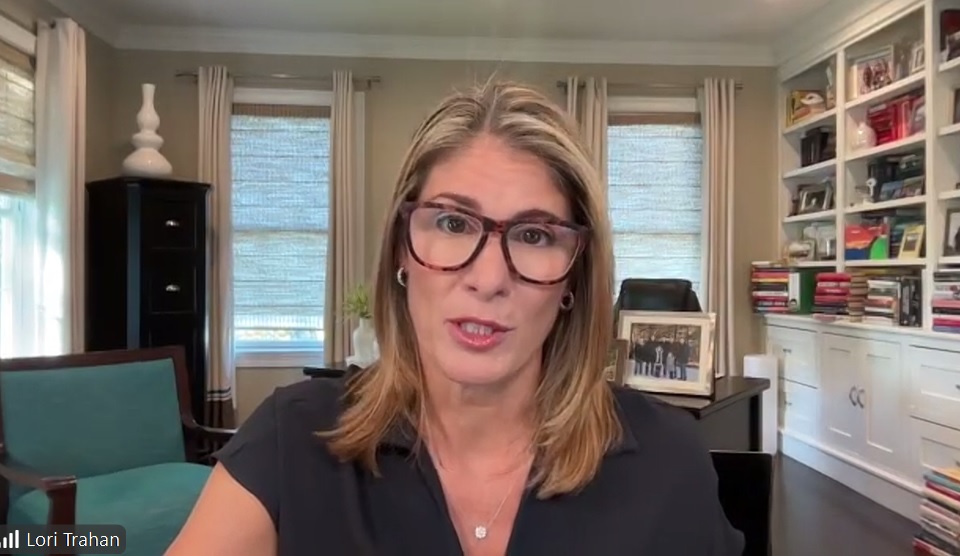Health
Massachusetts Residents Face Premium Hikes Without Subsidy Extension

BOSTON — Residents of Massachusetts may experience significant increases in their health insurance premiums starting in 2026 if Congress does not extend critical subsidies. The Massachusetts Health Connector is informing users that the enhanced premium tax credits, which have been instrumental in reducing coverage costs, are set to expire at the end of the year. Open enrollment begins on November 1, and tens of thousands are at risk of losing partial or complete access to these subsidies.
The enhanced tax credits were implemented under the 2022 Inflation Reduction Act and have played a vital role in making health insurance affordable for many. Current discussions in Congress, amidst ongoing negotiations to reopen the federal government, center on the fate of these subsidies. The government shutdown that began on October 1 has prompted urgent calls from lawmakers to preserve these financial aids.
Impacts on Massachusetts Residents
The Health Connector has warned that many individuals will still qualify for financial assistance, but the amount will be significantly reduced. Households earning above 400% of the federal poverty level — approximately $62,600 for individuals and $128,400 for a family of four — will lose eligibility for heavily subsidized ConnectorCare coverage starting January 1. Those affected will need to consider unsubsidized health plan options, likely leading to increased out-of-pocket expenses.
During a press conference hosted by Congresswoman Lori Trahan, Health Connector Executive Director Audrey Morse Gasteier indicated that members will soon begin receiving notifications about expected premium increases. “This week, people can start to see those premium increases in their online member portal through the Health Connector, but the actual pieces of mail will likely be hitting people’s mailboxes starting over the next several days,” she said.
ConnectorCare members earning between 300% and 400% of the federal poverty level will still have access to subsidized care until the end of 2026. However, approximately 36,000 noncitizen members will lose their heavily subsidized coverage as a consequence of the One Big Beautiful Bill Act, regardless of whether the premium tax credits are extended.
Political Maneuvering and Financial Consequences
Vice President JD Vance commented in a recent interview that tax credits are often misallocated, citing concerns over waste and fraud in the insurance industry. Meanwhile, U.S. Senate Majority Leader John Thune indicated discussions with Democratic leaders regarding a potential deal to allow a vote on extending tax credits if reforms are included. Despite these conversations, Senate Democrats have repeatedly rejected stopgap spending measures, prioritizing the preservation of the tax credits.
According to a report from KFF, enhanced premium tax credits initiated in 2021 contributed to a dramatic increase in enrollment in the Affordable Care Act Marketplace, growing from approximately 11 million to over 24 million people. The potential loss of these credits may reverse these gains.
During the same press conference, Dr. Manju Mahajan, a family physician at UMass Memorial Medical Center, shared the story of a patient who could see her premiums rise from $75 to $500 per month, prompting her to consider dropping coverage entirely. “Her story is not unique. It is what thousands of families will face if these credits disappear,” Dr. Mahajan stated.
Visual data from the Health Connector illustrates stark potential increases in premiums; for example, a hypothetical 62-year-old couple in Peabody earning $85,000 could see their monthly premium jump from $892 to $2,096. Similarly, a 57-year-old couple in Worcester with the same income may see their premium rise from $528 to $1,687.
Valerie Fleishman, executive vice president of the Massachusetts Health and Hospital Association, emphasized the severe repercussions of eliminating these tax credits. “If these credits expire, 65,000 Massachusetts residents — enough to fill Gillette Stadium — could lose their coverage over the next 14 months,” she stated. The repercussions extend beyond individual families; for hospitals, increased uncompensated care would lead to significant financial strain.
As residents begin to learn of the impending premium hikes, the Health Connector anticipates increased inquiries from members. “When people’s health insurance premiums spike, the distress and anxiety that it produces are significant,” Morse Gasteier noted. “We get very escalated calls from people trying to understand what’s happened and what they are supposed to do.”
The situation remains fluid as discussions in Congress continue, with health advocates urging lawmakers to act swiftly to secure the future of health insurance subsidies for millions of Americans. The outcome of these negotiations will have lasting implications for the health and financial security of many families across Massachusetts and beyond.
-

 Science1 week ago
Science1 week agoResearchers Challenge 200-Year-Old Physics Principle with Atomic Engines
-

 Politics1 week ago
Politics1 week agoNHP Foundation Secures Land for 158 Affordable Apartments in Denver
-

 Health1 week ago
Health1 week agoNeuroscientist Advocates for Flag Football Until Age 14
-

 Lifestyle1 week ago
Lifestyle1 week agoLongtime Friends Face Heartbreak After Loss and Isolation
-

 Health1 week ago
Health1 week agoFDA Launches Fast-Track Review for Nine Innovative Therapies
-

 Business1 week ago
Business1 week agoMaine Housing Inventory Surges to Post-Pandemic High
-

 Top Stories1 week ago
Top Stories1 week agoUnforgettable Moments: The Best Victoria’s Secret Performances
-

 Politics1 week ago
Politics1 week agoIsraeli Air Strikes in Lebanon Kill One, Wound Seven Amid Tensions
-

 World1 week ago
World1 week agoTroops to Enjoy Buffalo Chicken, Thai Curry in 2026 MREs
-

 World1 week ago
World1 week agoGlobal Military Spending: Air Forces Ranked by Budget and Capability
-

 Politics1 week ago
Politics1 week agoMassachusetts Lawmakers Resist Audit After Voter Mandate
-

 Business1 week ago
Business1 week agoSpirit Airlines Cuts Workforce with Furloughs for 365 Pilots









